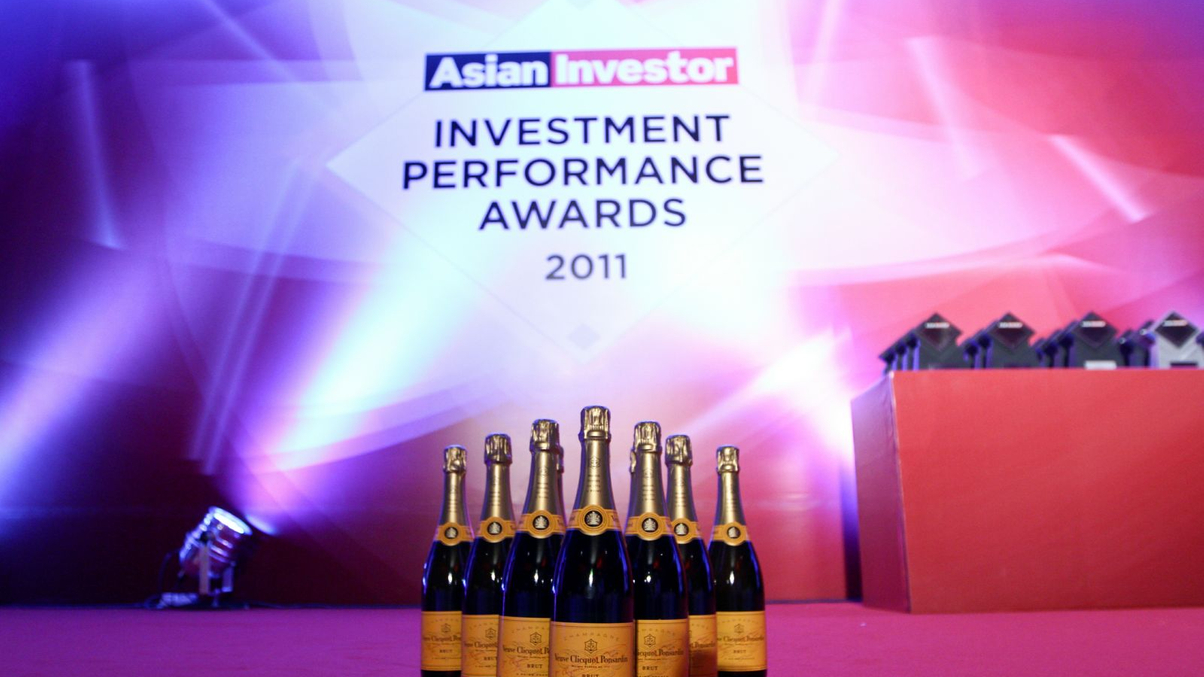award
GSAM, Man, NCSSF take top honours
Goldman Sachs Asset Management, Man and China’s NCSSF won top accolades at AsianInvestor’s 10th annual awards dinner for investment performance.

AsianInvestor last night named Goldman Sachs Asset Management as Manager of the Year, and Man as Manager of the Year – Alternative Investments. The top honours were announced at our 10th annual dinner celebrating the magazine’s Investment Performance Awards.
Sign in to read on!
Registered users get 2 free articles in 30 days.
Subscribers have full unlimited access to AsianInvestor
Not signed up? New users get 2 free articles per month, plus a 7-day unlimited free trial.
¬ Haymarket Media Limited. All rights reserved.


